"
Each generation takes a special pleasure in removing the household gods of its parents from their pedestals, and consigning them to the cupboard. The prophet or pioneer, after being at first declared to be unintelligible or absurd, has a brief spell of popularity, after which he is said to be conventional, and then antiquated. We may find more than one reason for this. A movement has more to fear from its disciples than from its critics. The great man is linked to his age by his weakest side; and his epigoni, who are not great men, caricature his message and make it ridiculous. Besides, every movement is a reaction, and generates counter-reactions. The pendulum swings backwards and forwards. Every institution not only carries within it the seeds of its own dissolution, but prepares the way for its most hated rival.
The German Von Eicken found, in this tendency of all human movements to provoke violent reactions, the master key of history. Every idea or institution passes into its opposite. For instance, Roman imperialism, which was created by an intense national consciousness, ended by destroying the nationality of rulers and subjects alike. The fanatical nationalism of the Jews left them a people without a country. The Catholic Church began by renouncing the world, and became the heir of the defunct Roman empire. In political philosophy, the law of the swinging pendulum may act as a salutary cold douche. Universal suffrage, says Sybel, has always heralded the end of parliamentary government. Tocqueville caps this by saying that the more successful a democracy is in levelling a population, the less will be the resistance which the next despotism will encounter.
But the pendulum sometimes swings very slowly, and oscillates within narrow limits; while at other times the changes are violent and rapid. The last century and a half, beginning with what Arnold Toynbee was the first to call the Industrial Revolution, has been a period of more rapid change than any other which history records. The French Revolution, which coincided with its first stages, helped to break the continuity between the old order and the new, and both by its direct influence and by the vigorous reactions which it generated cleft society into conflicting elements. Then followed a Great War, which shook the social structure to its base, and awakened into intense vitality the slumbering enthusiasm of nationality. At the same time, a variety of mechanical inventions gave man an entirely new control over the forces of nature and a new knowledge of the laws of nature, and this new knowledge, not content with practical applications, soon revolutionised all the natural sciences, and profoundly affected both religion and philosophy. The reign of Queen Victoria, which I have chosen to mark the limits of my survey to-day, covered the latter half of this saeculum mirabile, the most wonderful century in human history.
There are of course no beginnings or ends in history. We may walk for a few miles by the side of a river, noting its shallows and its rapids, the gorges which confine it and the plains through which it meanders; but we know that we have seen neither the beginning nor the end of its course, that the whole river has an unbroken continuity, and that sections, whether of space or time, are purely arbitrary. We are always sowing our future; we are always reaping our past. The Industrial Revolution began in reality before the accession of George III, and the French monarchy was stricken with mortal disease before Louis XV bequeathed his kingdom to his luckless successor.
But there can be no question that the river of civilisation reached a stretch of rapids towards the end of the eighteenth century. For instance, in locomotion the riding-horse and pack-horse had hardly given place to the coach and waggon before the railway superseded road traffic; the fast sailing clippers had a short lease of life before steam was used for crossing the seas. Industrial changes came too quickly for the government to make the necessary readjustments, at a time when the nation was fighting for its life and then recovering from its exhaustion. The greatest sufferings caused by the revolution in the life of the people were in the first half of the century; the latter half was a time of readjustment and reform. One great interest of the Victorian Age is that it was the time when a new social order was being built up, and entirely new problems were being solved. The nineteenth century has been called the age of hope; and perhaps only a superstitious belief in the automatic progress of humanity could have carried our fathers and grandfathers through the tremendous difficulties which the rush through the rapids imposed upon them.
Let us spend five minutes in picturing to ourselves the English nation in a condition of stable equilibrium, as it was in the eighteenth century. Before the Industrial Revolution, the country was on the whole prosperous and contented. The masses had no voice in the government, but most of them had a stake in the country. There were no large towns, and the typical unit was the self-contained village, which included craftsmen as well as agriculturists, and especially workers in wool, the staple national industry. The aim of village agriculture was to provide subsistence for the parishioners, not to feed the towns. The typical village was a street of cottages, each with a small garden, and an open field round it, divided up like a modern allotments area. The roads between villages were mere tracks across the common, often so bad that carts were driven by preference through the fields, as they still are in Greece. So each parish provided for its own needs. The population was sparse, and increased very slowly, in spite of the enormous birthrate, because the majority of the children died. Families like that of Dean Colet, who was one of twenty-two children, among whom he was the only one to grow up, remained common till the middle of the eighteenth century. Then, for reasons which have never, I think, been fully explained, the deathrate rapidly declined, at the very time when economic conditions demanded a larger population. This is the more remarkable, when we remember the manner in which young children were treated before the Factory Acts.
Political power was in the hands of a genuine aristocracy, who did more to deserve their privileges than any other aristocracy of modern times. They were, as a class, highly cultivated men, who had travelled much on the Continent, and mixed in society there. In 1785 Gibbon was told that 40,000 English were either travelling or living abroad at one time. They were enlightened patrons of literature and art, and made the collections of masterpieces which were the pride of England, and which are now being dispersed to the winds. Their libraries were well stocked, and many of them were accomplished classical scholars. They were not content, like their successors to-day, to load their tables with magazines and newspapers. Lastly, they fought Napoleon to a finish, and never showed the white feather. Those who have studied the family portraits in a great house, or the wonderful portrait gallery in the Provosts Lodge at Eton, will see on the faces not only the pride and self-satisfaction of a privileged class, but the power to lead the nation whether in the arts of war or of peace.
No doubt, political corruption was rampant; but it was not till George III tried to govern himself by means of corruption, that its consequences were disastrous. The loss of America was the first serious blow to the aristocratic rgime.


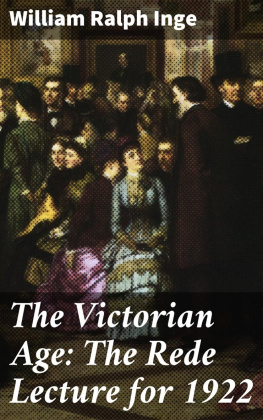

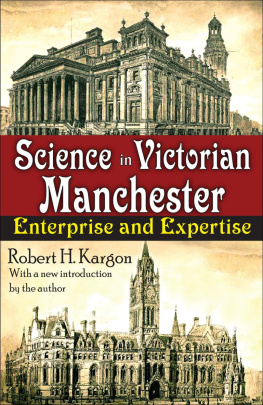
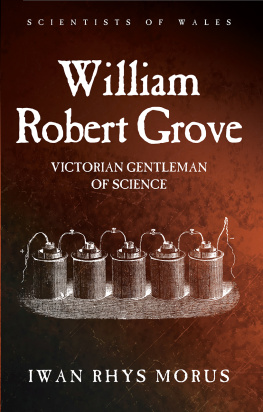
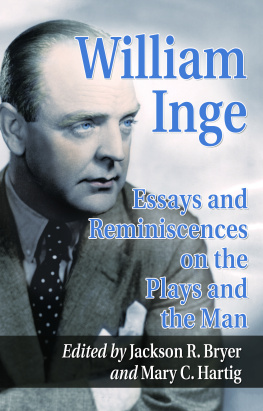
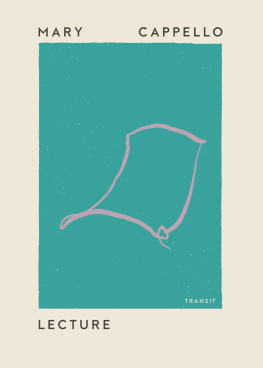
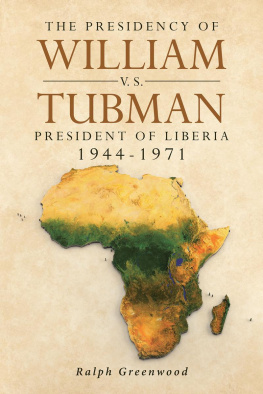
![Clark - Libraries in the Medieval and Renaissance Periods: The Rede Lecture Delivered June 13, 1894, by J. W. Clark [ 1894 ]](/uploads/posts/book/207578/thumbs/clark-libraries-in-the-medieval-and-renaissance.jpg)

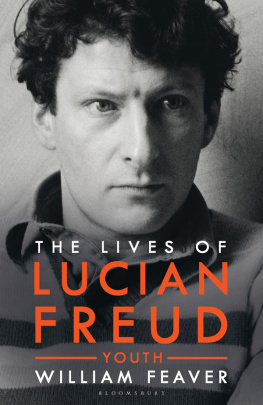
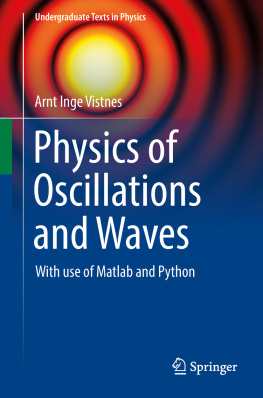
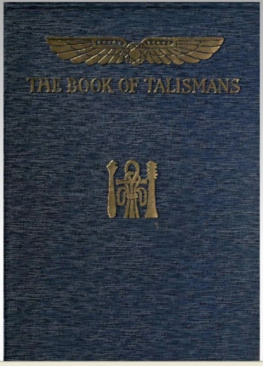
![John Willis Clark - Libraries in the Medieval and Renaissance Periods: The Rede Lecture Delivered June 13, 1894, by J. W. Clark [ 1894 ]](/uploads/posts/book/60919/thumbs/john-willis-clark-libraries-in-the-medieval-and.jpg)